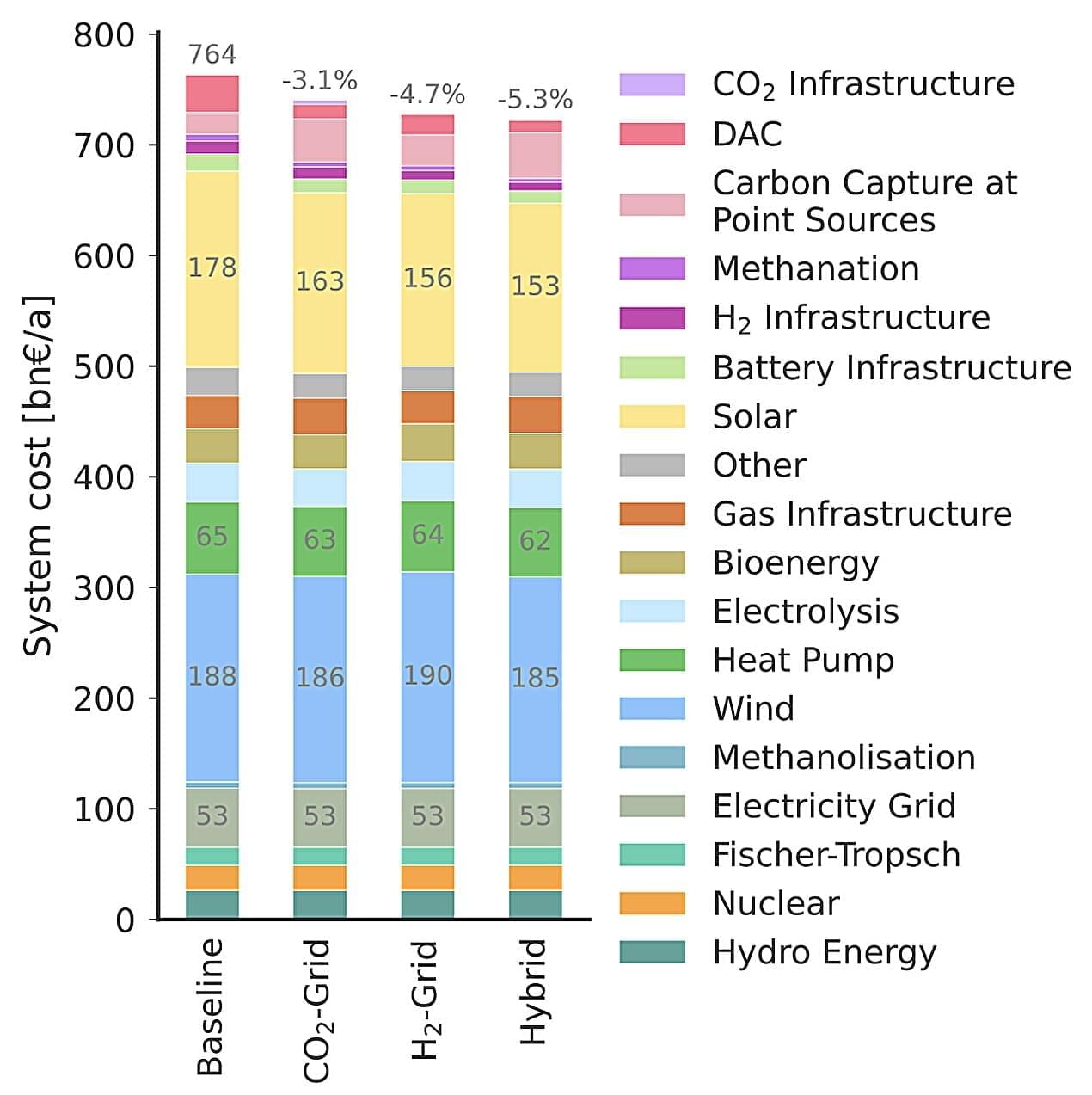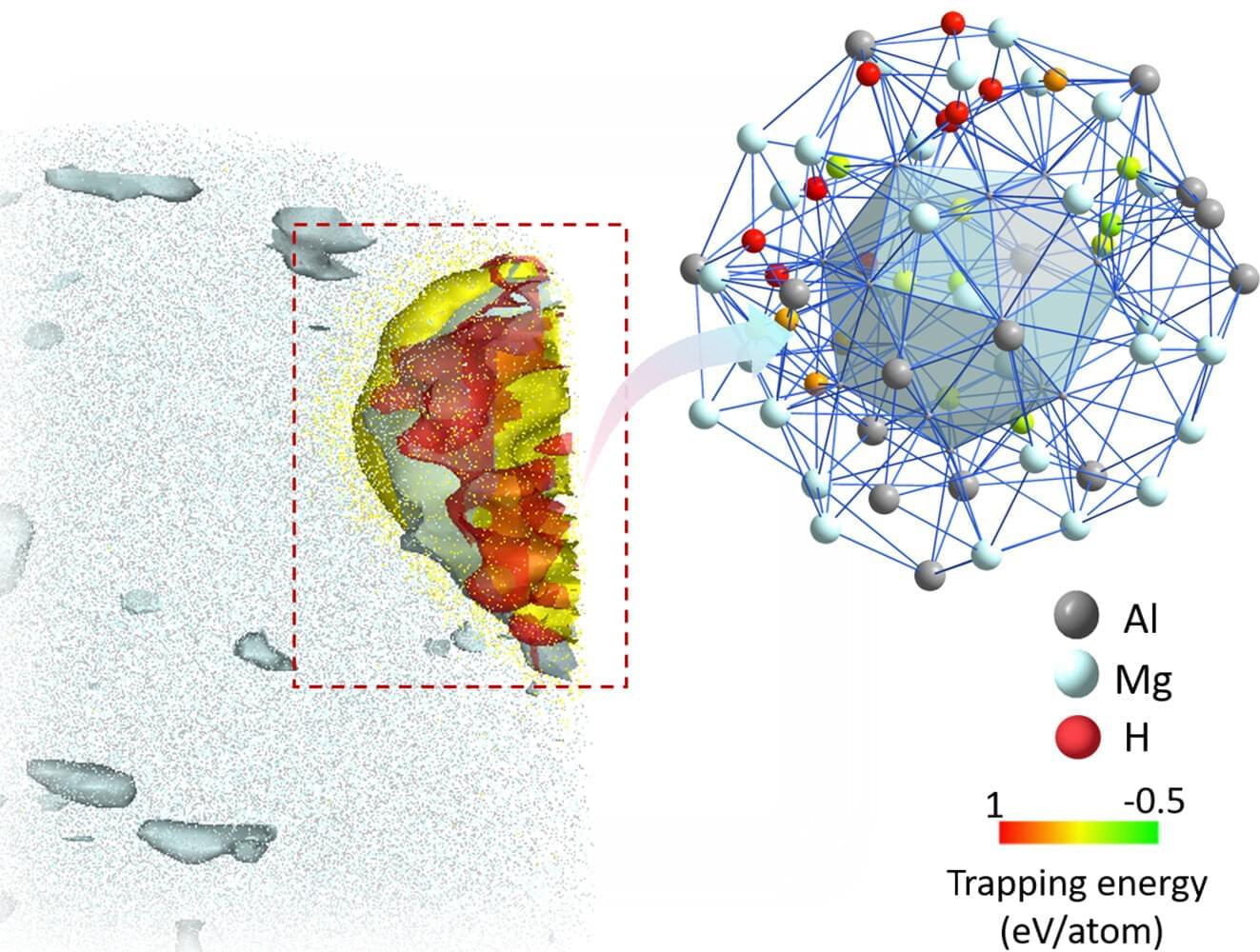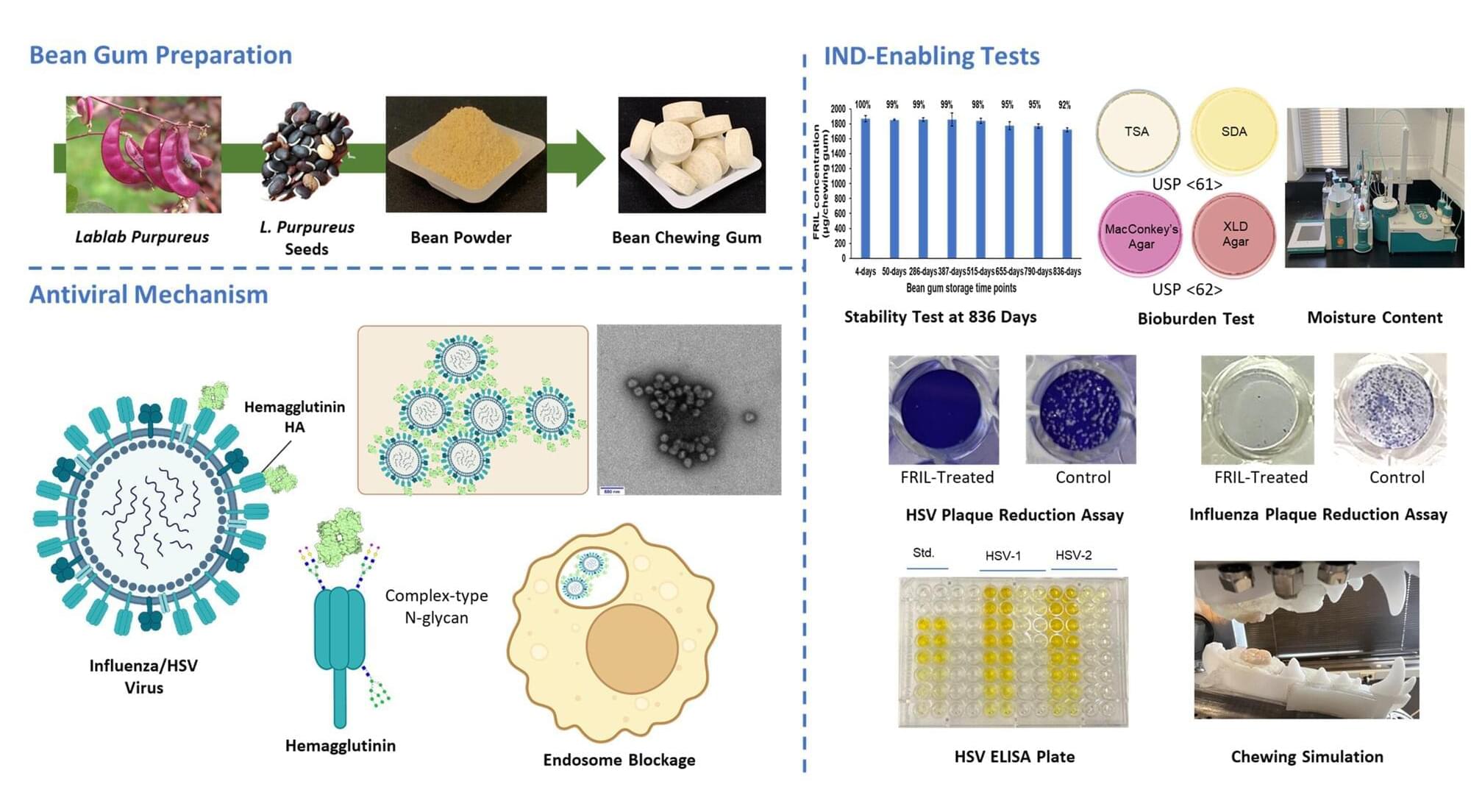China conducted a secret weapon test that has caught the US intelligence community off guard. Back in August, China lit up the sky when it tested a nuclear-capable hypersonic missile, which travels faster than the speed of sound. The global shipping supply crisis might affect Christmas, thanks in part to China’s power shortage. And a man in Jiangsu Province takes drastic measures after his daughter fails to solve a math problem correctly. Watch this episode of China Uncensored for that and more of this week’s China news headlines.
Jack ma’s dirty secret | power struggle rips ant financial • jack ma’s dirty secret | power strugg…
China’s POWER SHORTAGE could cause economic collapse • china’s POWER SHORTAGE could cause ec…
YouTube demonetizes our channels, we need your support!
www.patreon.com/ChinaUncensored.
https://chinauncensored.locals.com.
We also accept bitcoin!
https://chinauncensored.tv/bitcoin.
Buy our merchandise!







